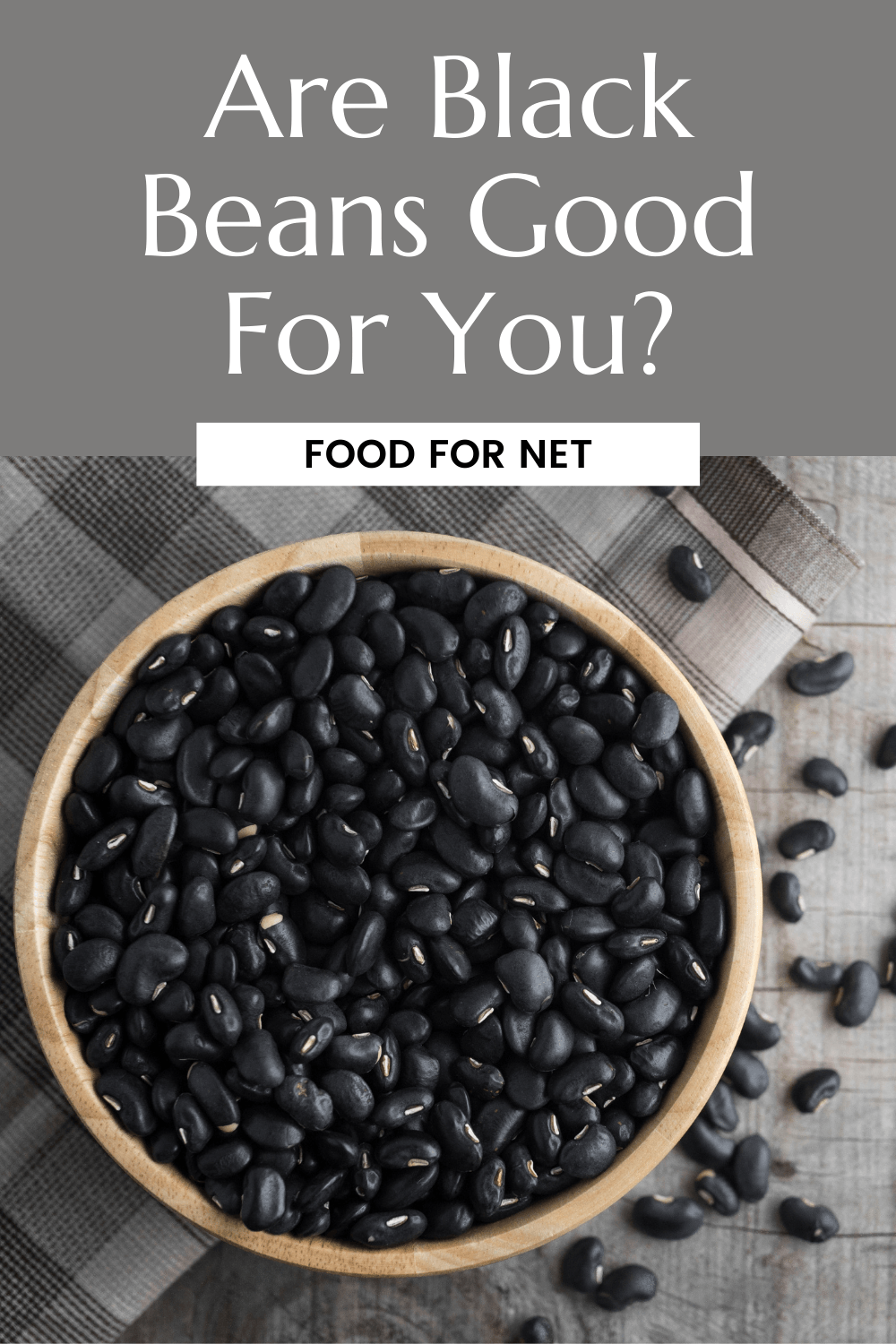
Beans are a fascinating ingredient. They’re potentially powerful, offering many essential nutrients in a small package, not to mention all of their fiber and protein. Yet, they’re also controversial – to the point that some people avoid them entirely. These debates are true for all types of beans, including black beans. So, how do these different perspectives balance out? Are black beans good for you or not?
As with all foods, the answer is a matter of weighing up benefits versus risks. Regardless of what food we’re talking about, there will always be some good things and some not so good. That’s how nutrition works.
It might be tempting to focus on the least controversial foods, ones that offer few risks and plenty of benefits, but that approach isn’t as powerful as it sounds. In practice, the most controversial foods have some critical benefits, ones that you need to stay healthy.
So then, let’s take a close look at black beans.
Are Black Beans Good For You?
- Black Beans Nutrition
- Benefits Of Black Beans
- Antinutrients – The Biggest Problem With Black Beans
- Other Problems With Black Beans
- Are Black Beans High In Carbs?
- Are Black Beans A High FODMAP Food?
- How To Cook Black Beans
- Final Thoughts
Black Beans Nutrition
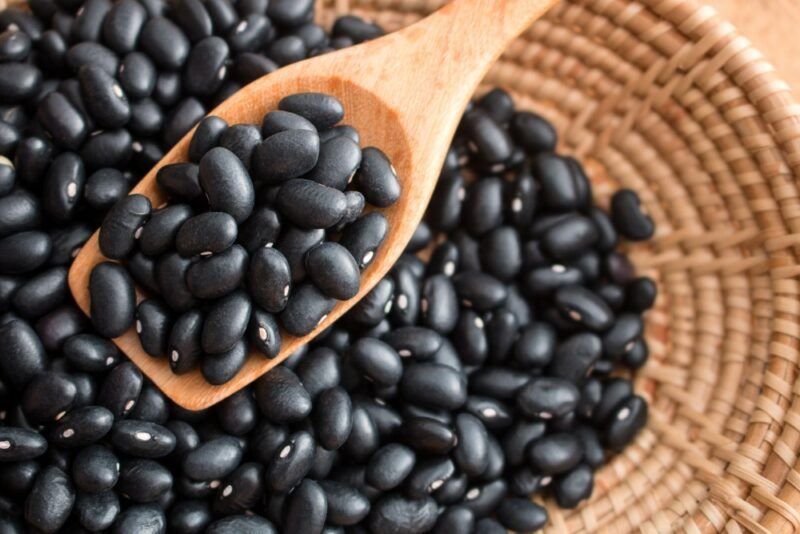
Let’s begin with the nutrient profile. After all, many of the benefits of a given food come from the nutrients. For a cup of black beans (cooked), you’re looking at:
- 227 calories
- Protein: 15.2 grams
- Carbs: 40.8 grams
- Fiber: 15 grams
- Fat: 0.9 grams
- Folate: 256 mcg (64% of your daily needs)
- Manganese: 0.8 mg (38% of your daily needs)
- Magnesium: 120 mg (30% of your daily needs)
- Phosphorous: 241 mg (24% of your daily needs)
- Thiamin: 0.4 mg (28% of your daily needs)
There are smaller amounts of other nutrients too, including potassium, zinc, copper, and iron. All of these nutrients are important for making sure your body functions as it should.
You’ll notice that there’s a decent amount of protein and fiber per serving, but not much fat (and even less saturated fat). This balance is exceptional, as it means that beans are filling, but shouldn’t contribute much to weight gain.
Benefits Of Black Beans
A Decent Source Of Antioxidants
Antioxidants are famous these days. They’re plant-based compounds that help to reduce oxidation throughout your body. By doing so, they can lower your risk of various diseases.
The specific antioxidants vary from one type of food to the next. With black beans, some of the most important ones include quercetin, kaempferol, and saponins, along with various anthocyanins.
Some of these antioxidants have been linked to specific health benefits, like decreasing the risk of cataracts and age-related macular degeneration. The vitamin C in black beans helps promote eye health as well.
In fact, the antioxidants in black beans may be just as powerful as those in cranberries and grapes. Black beans are also more shelf stable than fresh fruit and are often less expensive, making them a very practical choice for antioxidants.
An Inexpensive Source Of Nutrients, Fiber, And Protein
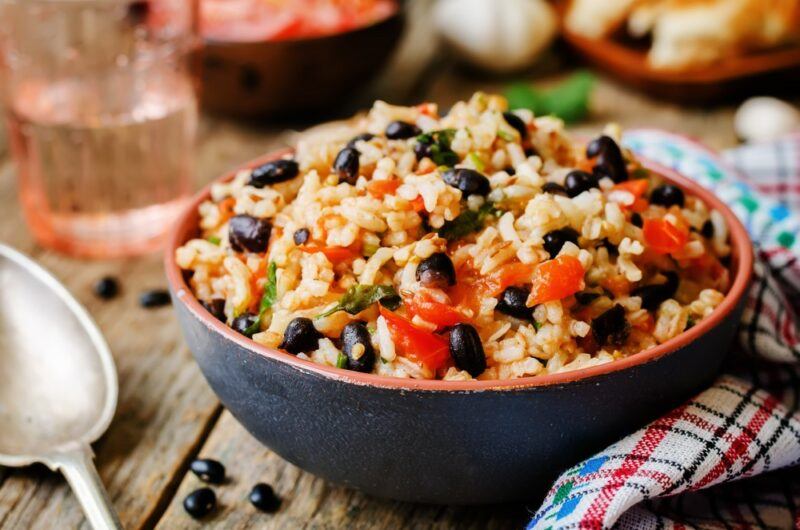
Beans, of all types, are a staple food for one very big reason – they’re practical. Think about it. You’re getting a decent amount of protein and fiber, along with plenty of nutrients, in an ingredient that’s both inexpensive and shelf stable.
You could get plenty of protein and nutrients from meat, but you’d be paying much more for the privilege.
And, don’t worry, you don’t need to choose between beans and meat. You can easily include both of them in your diet. You might choose to have a bean-based meal every so often to give yourself a break from meat.
Or, perhaps you use beans and meat in the same meal, like ground beef and beans in chili. Doing so helps to spread out your meat, giving you more nutrients for a lower price.
They Promote Heart Health
Beans have long been associated with improved heart health. Some of these benefits come from the antioxidants in black beans. The nutrients and fiber are relevant as well.
Some studies show that eating beans regularly decreases the levels of LDL cholesterol in your blood. In fact, having beans once per day could dramatically decrease your heart disease risk.
Beans can decrease your blood pressure too, due to their potassium content. This effect is strongest for dried beans, as they’re low in sodium. If you’re using canned black beans instead, make sure to rinse them thoroughly first.
The heart health benefits of beans are even stronger if you’re choosing to eat beans (and other legumes) instead of less healthy ingredients, like fatty cuts of red meat.
May Reduce Your Risk Of Diabetes
Black beans are high in carbs, which makes them sound like a poor choice for anyone with diabetes. Yet, that’s not the case at all because black beans contain plenty of complex carbs.
Foods rich in complex carbs release their energy slowly, so they don’t cause spikes to your blood sugar level. The fiber and protein help matters as well – to the point that black beans can actually decrease your blood sugar levels and lower your risk of diabetes
Black beans can also improve how your body reacts to other foods. For example, eating black beans with rice has a lower blood sugar impact than eating rice on its own.
Helps With Your Bone Health
While beans aren’t famous for their bone benefits, they can help promote bone health. This effect comes the various nutrients present, particularly the calcium and phosphorous.
This bone health effect could be particularly powerful for people following plant-based diets, as you’re not getting calcium from dairy foods.
Can Promote Weight Loss
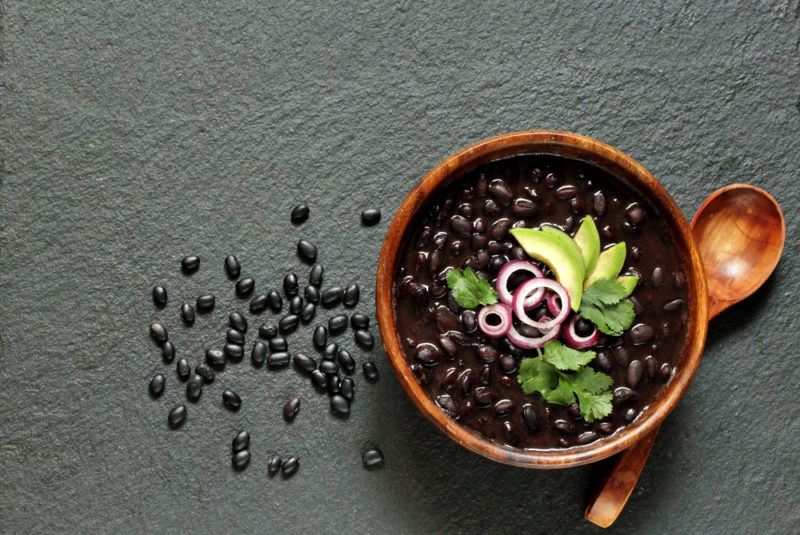
Black beans are also useful for weight loss. That effect isn’t surprising. After all, beans provide plenty of protein and fiber, both of which help to keep you full.
Low calorie filling foods, like beans, are powerful, as they can easily decrease your calorie intake. Makes sense, doesn’t it? You’re much less likely to snack on junk food when you’re full compared to when you’re hungry.
The fiber helps to keep your digestion working well too, which is always powerful for weight loss and overall health.
Antinutrients – The Biggest Problem With Black Beans
Most of the controversy surrounding legumes, including black beans, comes down to two compounds – phytic acid and lectins. These are often called antinutrients because they can decrease your absorption of other nutrients, particularly zinc, calcium, and iron.
It’s easy to see how this could be an issue. After all, you need those nutrients to function well. Iron is an especially big area of concern, as iron deficiency is still surprisingly common.
Are Antinutrients Really That Bad?
Antinutrients sound deeply concerning, so it’s not surprising that many people try to cut down their intake as much as possible. Yet, as with most ingredients, the effects of antinutrients are strongly dose-dependent.
Small amounts of some of these compounds, including phytic acid, may even provide some health benefits.
Besides, you find plenty of antinutrients in foods that are seen as being very healthy, including nuts and seeds. Even kale contains some antinutrients.
The problem isn’t antinutrients themselves, but the amount that you’re consuming.
Unlike most other antinutrient-containing foods, legumes are often used as a primary source of energy and protein. This is especially true on plant-based diets. So, if you’re relying on legumes for your primary source of protein in most meals – you may be significantly decreasing your nutrient absorption in the process.
Whether this causes issues depends on the rest of your diet.
To see serious problems from antinutrients, you’d need to be consuming a large amount of them and have a relatively low intake of vitamins and minerals. Thankfully, this isn’t the case for most people.
If you’re worried, try to avoid having antinutrient-rich foods with every meal. Varying things up can reduce the risk that you won’t get enough nutrients.
How To Reduce Antinutrients In Beans
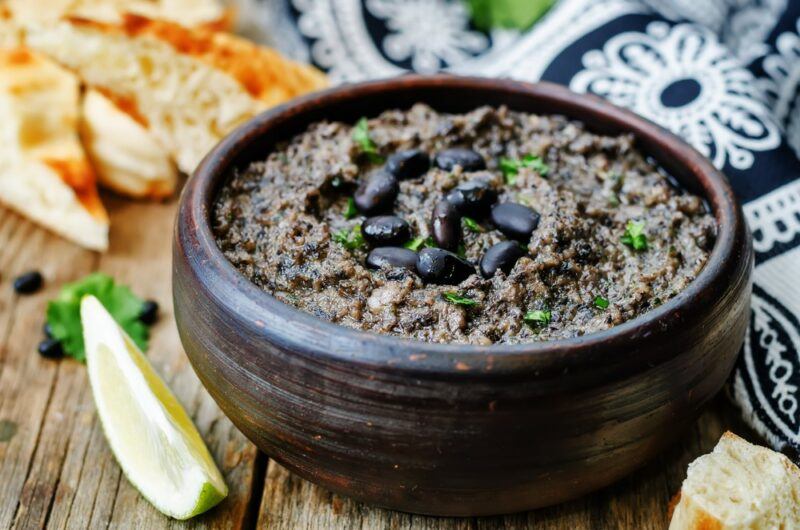
You can also decrease the antinutrient content of beans by soaking them first and then rinsing them. When you soak the beans, some of the antinutrients leach out and end up in the water.
Because of this, beans that have been soaked are easier to digest and may be more nutritious. You may also experience fewer side effects from soaked beans compared to unsoaked ones.
Soaking beans also decreases the time they take to cook, which is great news for when you’re preparing dinner. The catch is that you do need to soak the beans for quite some time. Many people do an overnight soak or even soak their beans for up to 12 hours.
Other Problems With Black Beans
May Give You Side Effects
Beans are famous for one side effect – gas. This happens because of how some of the carbs can ferment in the large intestine. The high fiber content of the beans contributes to the gas as well.
There are some related side effects too, like stomach cramps. However, issues like this tend to be most significant if you have beans every so often. The side effects tend to decrease dramatically when you’re having beans regularly.
And honestly, the gas effect of beans isn’t as bad as many of us assume. Some people don’t get any extra gas at all.
If you’re worried about side effects, the best approach is to start slowly and consistently with beans. Don’t have large portions of them, but do eat them regularly. Doing so should help your body adjust to the extra fiber.
Having plenty of water helps as well. In fact, some of the worst side effects come from dramatically increasing your fiber intake and not drinking enough water.
The Sodium In Canned Beans
Black beans are naturally low in sodium. Canned beans, however, are a completely different story. You’re often getting more than 1,000 mg of sodium per serving.
That’s a concerning amount, given that the recommended sodium intake is less than 2,300 for the entire day.
Draining and rinsing the beans has a significant effect, but you’re still left with a decent amount of sodium. For example, you might go from 1,000 mg to 700 mg of sodium per serving.
Thankfully, canned beans aren’t all the same. Some companies offer beans with little to no added sodium. Just make sure that you check the ingredients label of your beans, as some low salt products still contain a decent amount of sodium.
BPA Contamination
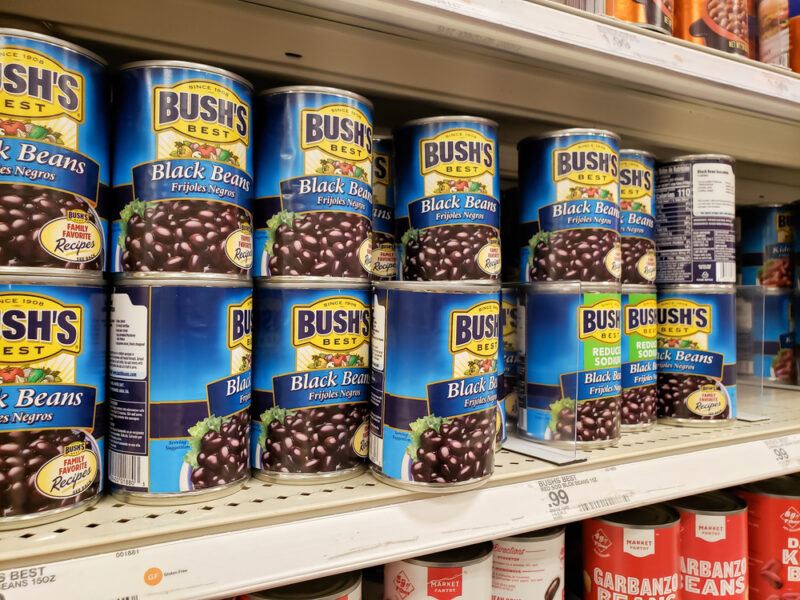
Canned beans have another issue too – their BPA levels. BPA is a chemical that’s used on the thin interior coating of cans. It’s important, as it helps to stop the cans from corroding.
However, there’s plenty of controversy surrounding BPA too. Many people are concerned about BPA impacts on health. The risk might be much higher if you’re relying on canned ingredients regularly.
While some companies are moving away from using BPA in their cans, plenty of others continue to rely on BPA.
Now, as always, this is a highly debated field. Some authors talk about steering clear of BPA as much as possible, while others say the levels aren’t anything to be concerned about. You’ll need to decide for yourself whether BPA is something you want to pay attention to.
Dried Beans Take Time To Prepare
The other issue relates to time, as you need to soak dried beans for hours before using them. Even then, the beans take a while to cook.
This means that you need to do some planning ahead if you want a bean-based meal. You can get around this issue by using canned beans instead, but as we’ve already highlighted, canned beans have their own issues.
Are Black Beans High In Carbs?
We can’t talk about black beans without mentioning carbs.
It’s true. Beans are pretty high in carbs. A half cup serving of black beans, for example, provides roughly 20 grams of carbs. While some of these carbs aren’t digested, others are digested slowly.
Whether the carbs are a problem depends on your perspective.
On one hand, we’re talking about complex carbs. These don’t spike your blood sugar in the same way that simple sugars do (so they don’t give the same buzz that you’d get with a candy bar). Instead, their energy is released slowly.
Complex carbs are often seen as incredibly healthy. Studies have even linked them to decreased disease risk, less obesity, and many other good things.
On the other hand, complex carbs are still carbs – and not everyone agrees that they’re a good idea. You might choose to keep your carb intake as low as you can. If you do so, then you’ll need to avoid black beans or keep your portion sizes very small.
Are Black Beans A High FODMAP Food?
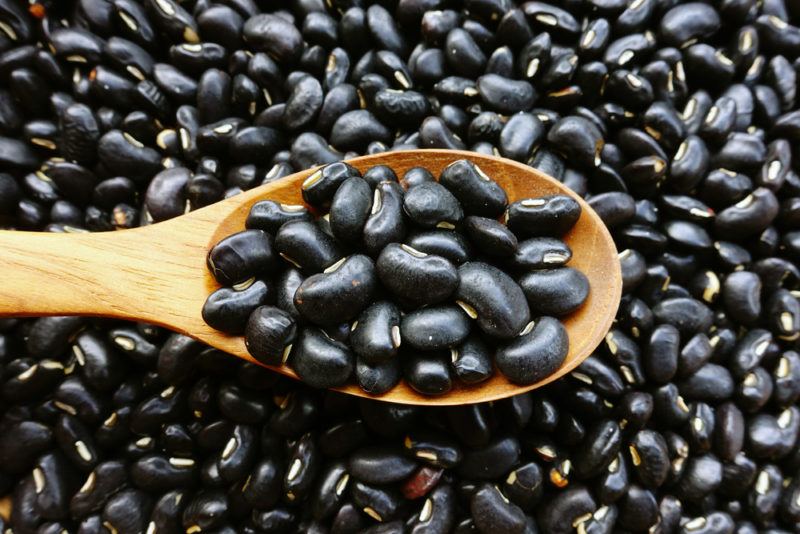
Most people only experience mild side effects from black beans, perhaps a little gas and discomfort, but nothing more. Some people, however, find that beans make digestive symptoms much worse. This can include not only gas but significant amounts of stomach pain, acid reflux, and bloating.
The effect comes from a collection of fermentable carbs that we collectively called FODMAPs. People with irritable bowel syndrome or other digestive sensitivities often choose to avoid high FODMAP foods entirely, to keep their symptoms in check.
Like other beans and legumes, black beans are relatively high in FODMAPs.
However, this doesn’t mean you should cut them out entirely. The first question is whether you’re sensitive to beans specifically. Elimination diets can help you to work this out. Such approaches involve cutting all high FODMAP foods out of your diet for a while, then re-introducing them one at a time.
If you’re not sensitive to beans (and many people aren’t), then you can still eat them, despite the FODMAPs.
If you are sensitive, then you’ll need to be more cautious. Soaking the beans first and then draining the water is an important approach, as FODMAPs are water soluble.
Interestingly, canned beans may be even lower in FODMAPs, as they spend such a long time sitting in liquid. Just be sure to drain and rinse the beans thoroughly before using them.
You’ll need to watch the portion size too. People on a low FODMAP diet may only be able to have roughly ¼ of a cup of black beans per serving. Still, this is enough to provide many nutrients.
How To Cook Black Beans
If you’re relying on dried black beans, you’ll need to soak them first for optimal benefits. Often this means soaking them for between 8 and 10 hours. Even a 12-hour soak could be useful.
Before you do this, make sure to roughly sort the beans, to make sure that there is no unwanted debris in the package.
Soaking the beans decreases the antinutrients and FODMAPs present, as many of these are water soluble. You’re decreasing the cook time as well, which is always helpful.
Once you’ve soaked and rinsed black beans, they’re easy to cook. You simply simmer them in a pot of water until they’re tender, which might take an hour or two. You can add herbs to the mix to create a more complex flavor profile.
Keep an eye out for black bean recipes too. These will give you plenty of ideas for flavors and additional ingredients that you can use.
Final Thoughts
Beans are complicated. There are plenty of reasons to eat them regularly, including their low calorie content, plus the decent amount of fiber, nutrients, and protein that they contain.
Plus, beans are inexpensive and shelf stable. As such, they’re a powerful way to increase your nutrient intake, particularly when you’re avoiding meat or are on a limited budget.
There are, however, some serious concerns too, including the amount of FODMAPs and the antinutrient content.
Most experts agree that the benefits of beans, including black beans, far outweigh the risks. This is particularly true if you’re focusing on dried beans rather than canned beans.
Still, as always, the final decision is in your hands.
We all respond differently to foods. If you get serious stomach cramps after eating beans, for example, you might need to have them less often or not at all.
Frequently Asked Questions
Are Black Beans Keto?
No. Most beans, including black beans, are too high in carbs for keto dieters. Even half a cup of them gives you around 13 net grams of carbs. You’d need a tiny serving to get these onto a keto diet.
What Do Black Beans Taste Like?
Black beans have a mild flavor, which is often completely buried by other ingredients in your meal. If you eat them on their own, you might notice a bit of earthiness and a little sweetness. If there are other flavors present, you’ll probably just notice the texture of the beans.
Are Black Beans Good For Weight Loss?
Legumes always work well for weight loss, giving you plenty of fiber and protein. This combination keeps you feeling full, which can decrease the number of calories that you consume.
Black beans have another advantage too – they’re low in calories, so they can help you to stick with your calorie targets.
How Long Do Black Beans Last In The Fridge?
Once you’ve opened a can of black beans, you’ll need to stick them in the fridge. They don’t last long after this point, just three or four days. Cooked black beans are similar, which includes any meals that use black beans as an ingredient.
You don’t need to worry about dried black beans. These can be kept in a cool dry place for a year or two without any problems at all.
Can You Eat Black Beans Out Of The Can?
Yes. Canned black beans are fully cooked, so you can eat them straight from the can – if you really want to. Of course, black beans don’t taste that great on their own, so it’s often best to include them in a meal instead.
Canned beans are also incredibly salty (even the low sodium ones contain a decent amount). To get around this, it’s worth draining your beans and perhaps even rinsing them before eating them.

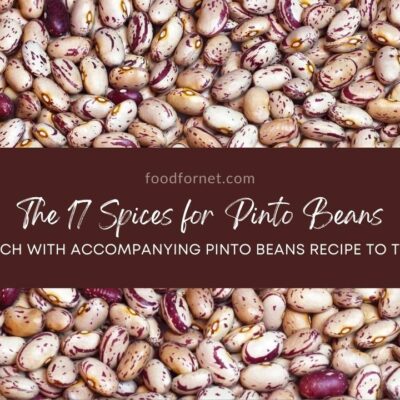
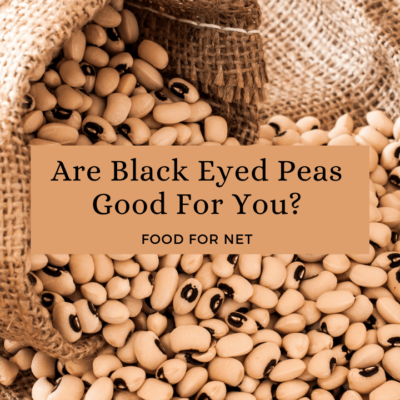
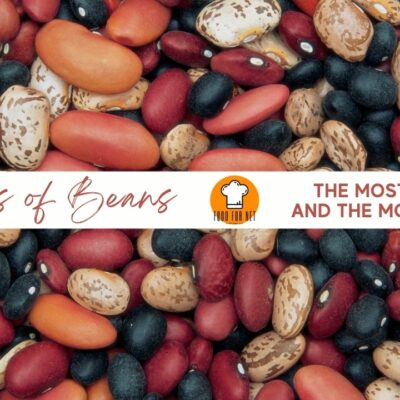

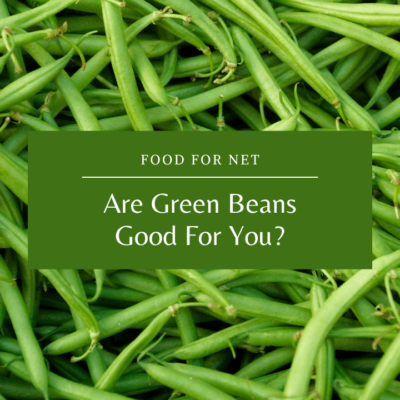
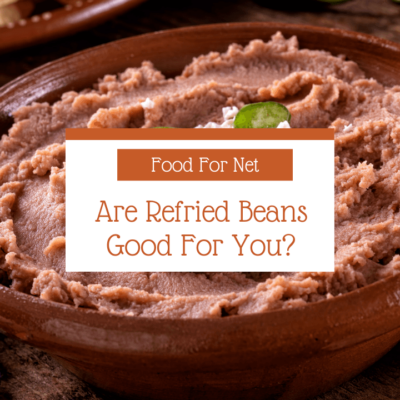
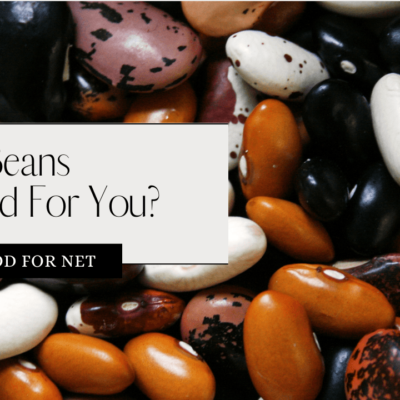
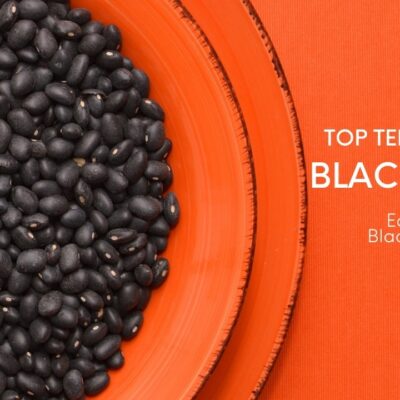
 Are Baked Beans Good For You?
Are Baked Beans Good For You?
Beans are supposedly a common ingredient for all so-called “Blue zone” inhabitants, i.e. people who live extraordinarily healthy and long lives. Wonderful fringe benefit for a food that is sooo cheap, especially in dried form, so easy to cook and so flavorful! Honestly, what’s not to like??